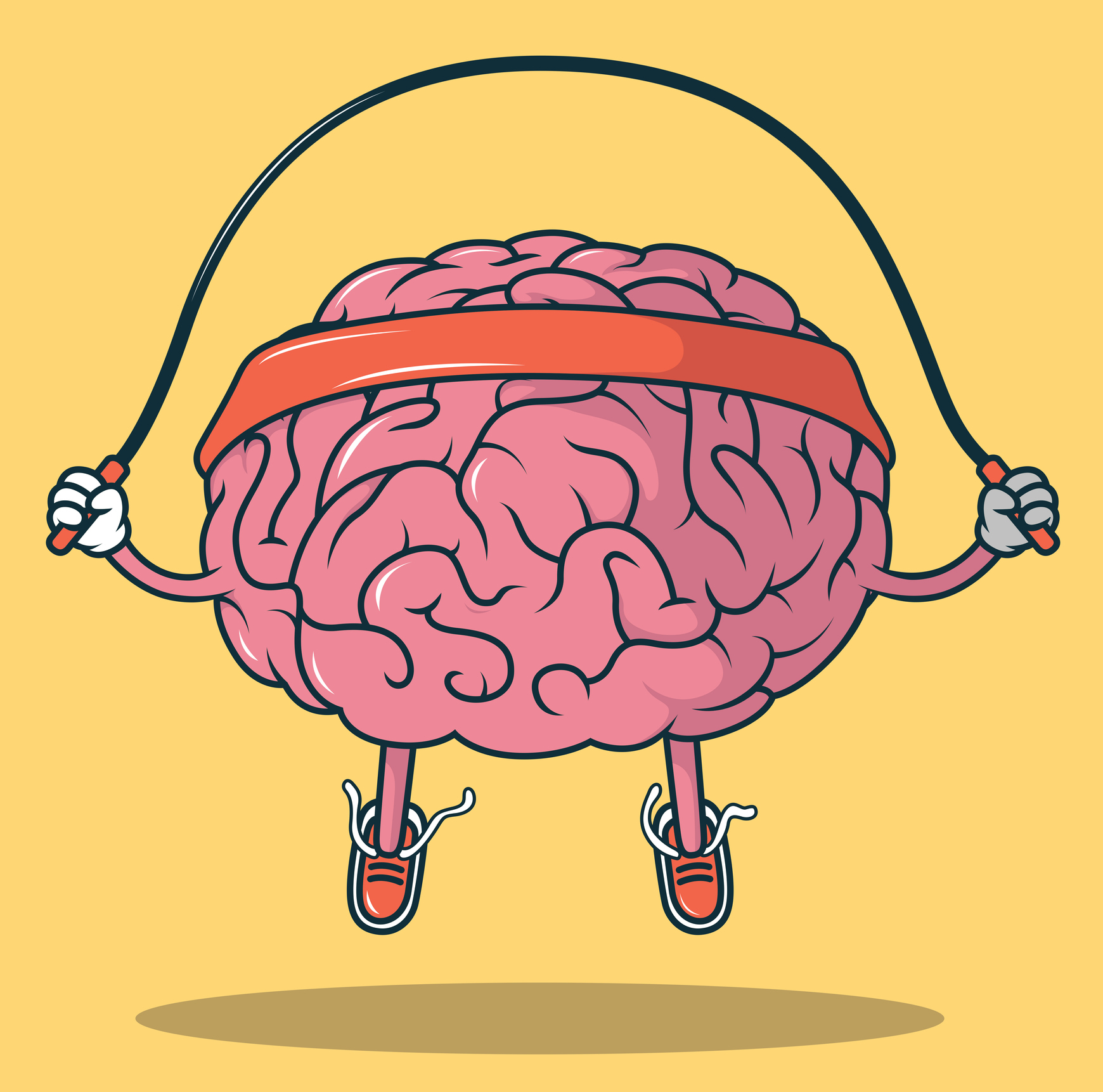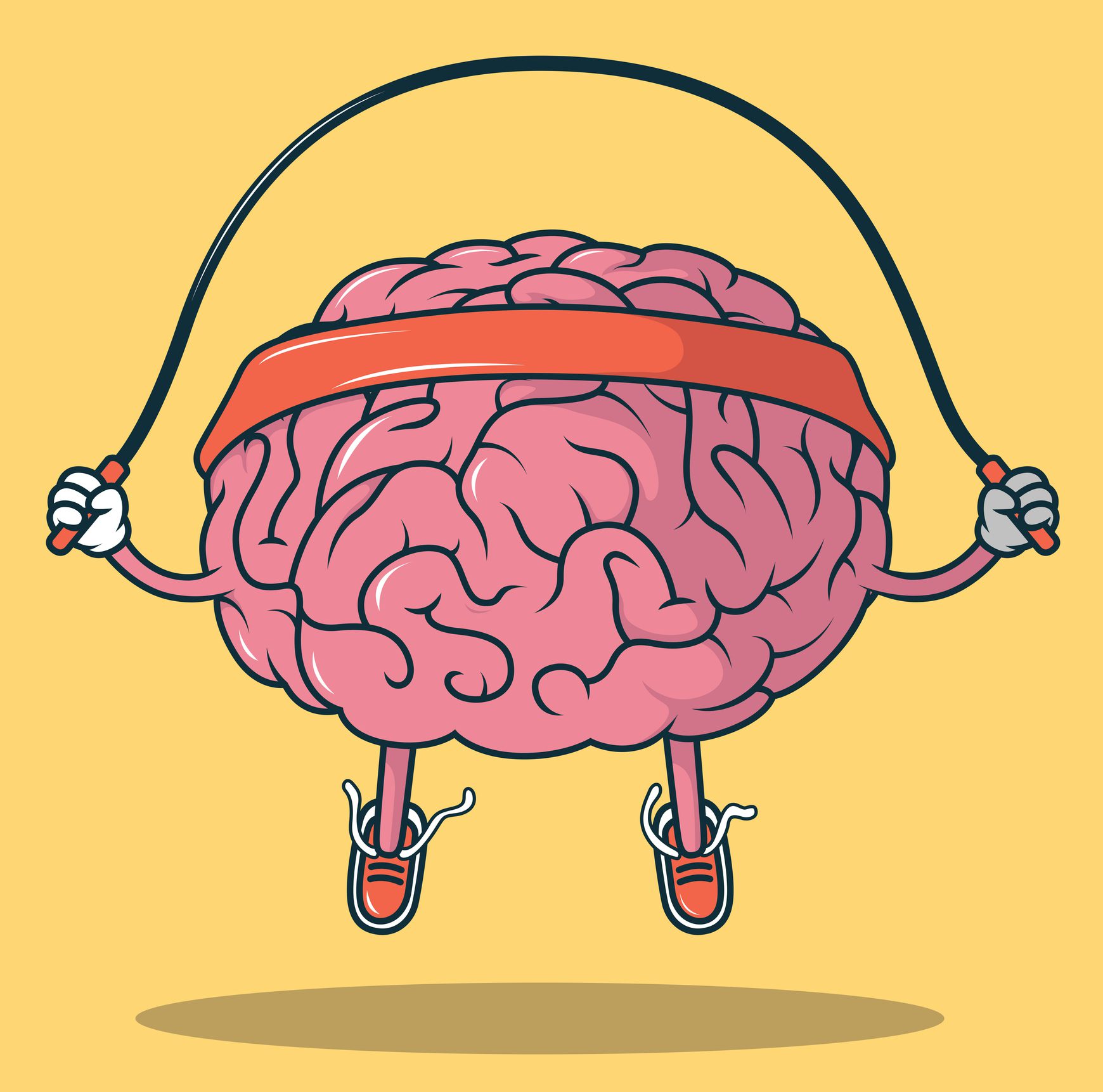Learn about brain health and nootropics to boost brain function
Sunshine pro: Develop mental skills to maximize your performance

If you’re an avid cyclist, chances are that you’ve faced your limits before. In those challenging moments, what happens? Do you crack? Do you get stuck in negative thoughts or do you strive and power yourself to new heights? If you’re looking to improve your performances, developing mental coping skills will help you push through your limits with more ease.
I’ve always been interested in sports psychology and I think this has become one of my strength so I’m sharing with you some of my tips on the topic, from the theory in the books to my own experience.

Replacing thought
Negative thoughts and doubts won’t make you go far. Depending on the situation, we often have the same pattern of negative thoughts that arise in our mind when we’re facing difficulty.
The first step is to recognize them. “Oh that’s a negative thought”, or “oh I’m doubting my ability, my plan, etc..” Then replace it by a positive one. Help your brain to remember positive thoughts during those key moments by preparing them, so they are ready to use as soon as you realize you’re going the wrong way.
Here are some examples of negative thoughts with their replacement :
I’m gonna blow up | It’s good now (stay in the now, right now is okay)
I can’t do another one | I’m an animal! (pretend you can)
I’m too slow, my power is too low, I don’t have legs | I can only do my best, just do your best (no judgment, just honest best effort)
I will never be able to reach my goal | Make the most of today, just today, this session (can’t worry about the future, focus on the task at hand, on the process, reaching today’s mini-goal)
It hurts, I want to stop! | I’m not a quitter, never going to quit. Keep at it, it will pay off.
I hate this (conditions, pain, etc) | I love this, I could take more, it’s making me stronger!
I wonder if I’m doing the right thing, what if… | Right now you train. Questions later. (the only pointless thing is doing a half-committed effort)
Let go of resistance, turn it into acceptance
When things don’t go as we want or when we’re facing difficulties, it’s a natural protection mechanism to resist the situation, to try to get out of it. If you know there’s no way out (unless you quit which isn’t an option), then let go of fighting it or hating it. Welcome the pain, the challenge, the pouring rain, the defective piece of gear, whatever that is bothering you. Think, “well, this is how it is, this is how it’s going to be.” Pain is invevitable, but suffering is optional. Accepting the conditions you’re in will make it instantly much more bearable. I really like this saying: Accept things as they are. Tension is created when we want them to be different. It’s like looking at a red apple tree and wishing they were green.
Remove references
Only your brain knows of your limit before facing it, your body doesn’t. Having references often limits our performance by affecting how we perceive the effort. Whether you’re on a good day or bad, it can screw you up if you think, “It’s not even hard and I’m in pain” and you go down the negative path, or “I’m going too hard, I should back off.” Remove references from your mind, ignore internal references (memory of past performances on the same workout, etc.) and really focus on your true perceived effort in this moment, relying only on what’s your body telling you. This is the best way to always get the most out of yourself.
A few years ago, I did a 20 minutes blind test (hidden power) after reading a study on the topic, for fun. My jaw dropped when I saw an 18% increase. Since then, I never used power during my time trials. It also allows me to focus on execution since I have no information to process.
Having no judgement, no analysis or comparison is worth practicing during your training or racing. The only thing you should be doing with your head is focusing on what you’re doing. If it’s training, it’s having your attention on your breath, on your sensations, on your legs turning round and on the road ahead. The more attention you put into your execution, the less you’re wasting it on thoughts and the better you will perform. When a difficulty arise, I put my mind into my execution. For me, meditation has been an eye-opening tool to practice this skill and transfer it into my training and time trials.
Managing your thoughts in critical moments has a huge impact on your performance. Replacing your negative thoughts, accepting the situation, limiting the information you feed to your brain to prevent judgement or twisting your perceived effort, and moving your attention to your physical sensation will help you cope with challenging situations and push through your limits with more ease.
Keep at it!
Marie-Soleil Blais is a first-year professional with Astana Women’s Team from the Centre-du-Québec. She’s a seven-time Quebec champion on the road and track.

Click here to view full article